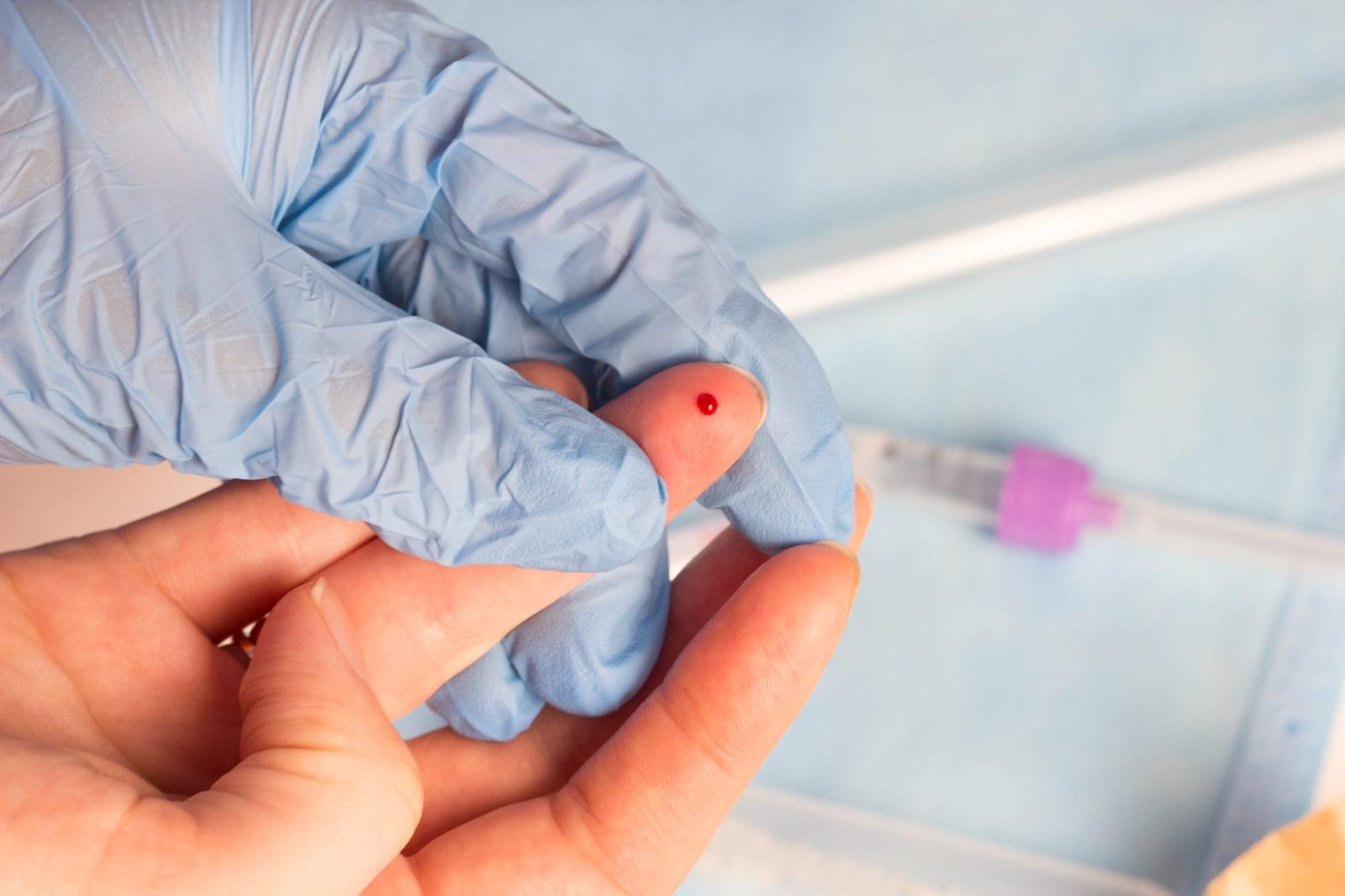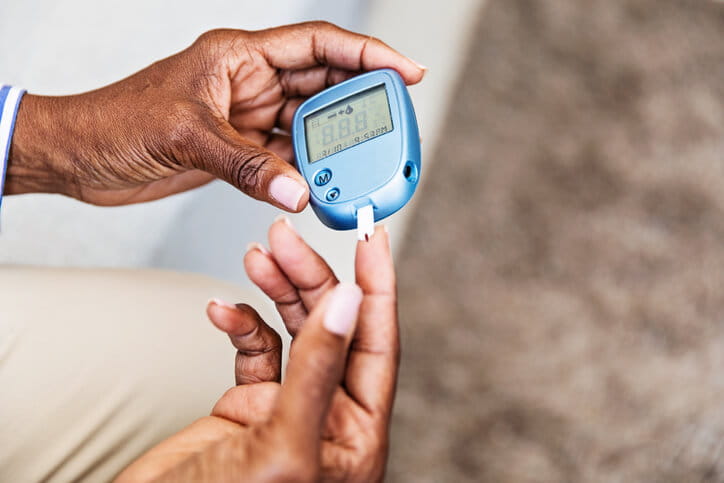Is Diabetes Genetic?

It is a question healthcare providers hear often: “My father/mother has diabetes, does that mean I’ll get it too?” The person asking the question may be concerned about their health or the risk to their children. The short answer is that while genetics is a factor in both type 1 and type 2 diabetes, the story is more complex than simple inheritance.
In fact, genes alone aren’t enough to cause either type of diabetes. One example is identical twins, who have the same genes: even when one twin has type 1 diabetes, the other does not always develop the disease. For type 2 diabetes, the shared risk is higher, but still not guaranteed.
So, what else is at play? For both conditions, it’s believed that a person first inherits a genetic predisposition and then something in their environment triggers the disease.
The Genetics of Type 1 Diabetes
Type 1 diabetes is an autoimmune disease where the body’s immune system attacks insulin-producing cells. In many cases, a person needs to inherit risk factors to be susceptible. Certain gene variants (including specific HLA types) are associated with higher risk.
Even with a genetic predisposition, an environmental trigger appears to be necessary. Researchers are investigating several possibilities, including:
Climate
Type 1 diabetes has been observed more often in colder climates and during the winter months.
Viruses
A common virus could potentially trigger the autoimmune response in at-risk individuals.
Early Diet
Some studies suggest breastfeeding may be associated with lower risk.
For a parent with type 1 diabetes, a child’s risk varies depending on which parent has the condition and other factors; risk is higher when both parents have type 1.
Family History and Type 2 Diabetes
The link to family history is stronger with type 2 diabetes. Research indicates that genetics plays a key role, and risk varies across populations. If you have a parent or sibling with type 2 diabetes, your risk is higher.
However, lifestyle is also a critical piece of the puzzle. Families often share more than genes. They have similar eating and exercise habits. This can make it difficult to determine whether a family’s history of diabetes is due to genetics or a shared environment. Most likely, it’s both.
The crucial message here is that many people can lower their risk. Research shows that type 2 diabetes can often be delayed—or, for some, prevented—through lifestyle changes.
Learn Your Family History To Protect Your Health
Understanding your family's health history is the first step in protecting your own. If diabetes runs in your family, discuss your risk with your healthcare provider. They can guide you on the right steps to take. For some, this might include risk screenings, such as blood tests that can, in some cases, detect markers of type 1 diabetes before symptoms appear.
While you cannot change the genes you inherit, you can influence the lifestyle factors that contribute to type 2 diabetes. By focusing on a balanced diet, consistent physical activity and maintaining a healthy weight, you can take proactive steps toward a long and healthy life.
Baptist Health offers outpatient diabetes education services at many locations—including Louisville, La Grange, and Lexington—to help empower patients to self-manage diabetes. Call 1.844.964.0760 to learn more about our Diabetes Care services.
You can use our online provider directory to find a Baptist Health provider if you don’t have one.
Next Steps and Helpful Resources
Learn More About Diabetes Care at Baptist Health
Diabetes Management At Baptist Health
Options for Managing Diabetes
Pregnancy & Diabetes



